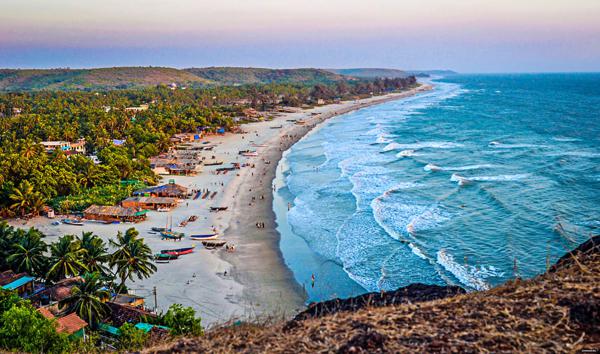Behind The Race
How exactly does F1 work? What is a Race weekend and what happens in an F1 Season? We’ll be talking all about it and more on this part of All About F1.
As you have already guessed, F1 is conducted in seasons. Which are usually a year long. At the end of a season, a new (or reigning) F1 World Drivers’ Champion and an F1 World Constructors’ Champion are crowned. An F1 Season Typically starts mid-March and ends mid-November with an almost monthlong winter break starting late July to late August. Since there are a lot of factors governing an F1 season, including the availability, circumstances, and other factors at a race track, the schedule mostly remains tentative for the major part of the season. This was observed especially during the 2020 and the 2021 season where a lot of famous tracks like the Suzuka Circuit in Japan and the Marina Bay Street Circuit in Singapore had to opt out citing the spread of COVID-19 and instead some new and old tracks like Jeddah Corniche Circuit in Saudi Arabia and the famous long-lost track of Circuit Park, Zandvoort made a debut. Each new race at a new event is called a Grand Prix and is usually named after the Country, City, or the track it is held in. A Grand Prix is usually held for a stretch of 3 days – Friday, Saturday, and Sunday. 4, if you count the media day which is usually held on Thursday where drivers and other members of the crew can give interviews, statements, etc.
The Rawe Ceek
The 3-day period of a race is called a race weekend and the week when a race is supposed to be held is called the Race Week or the Rawe Ceek (Get it?) after it famously appeared on a tee once. Since there are only 23 Race weeks and as many Race weekends in a year, and most of them are held in a time span of 1-3 weeks, some even back-to-back called triple headers (3 races back-to-back), The teams, the drivers, and mechanics have a pretty heavy task to do throughout the year, packing and moving through different circuits, cities and countries and unpacking and setting everything up once again sometimes within hours. DHL currently handles the logistics for F1 and indeed, it’s far bigger a task than it seems. Transporting 11 Teams, their drivers, their make-shift luxury stay-ins, their fragile cars, parts, tools, and most importantly hundreds of crew members that come along with it. For once, the $2.6 Billion actually seems apt and worth it for this huge of a circus.
Stay tuned for part 3 where I talk about the Race Weekend and how a race winner and the season winner are decided, the most interesting and exciting part of F1 that has attracted millions of people around the world.





0 Comments